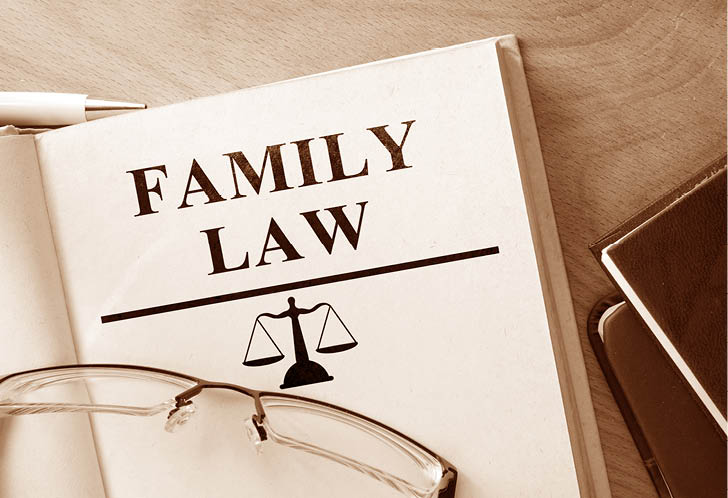
Family Law Business Valuation
Do you require a Family Law Business Valuation. If so, contact Business Reports and Values. At BRV we have conducted several hundred valuations for Family Law matters, Australia wide, and we are often called upon to provide single expert witness reports in accordance with Family Law Rules. In fact, over 80% of our business valuations are family law valuations.
Whilst valuing property in a Family Law case is mostly straightforward, business valuation for the Family Court can be anything but. Valuing a business in the context of family law can be a complex process and typically involves determining the fair market value of the business for purposes such as divorce settlements, spousal support, or property division. There are many key considerations and methods often used in family law business valuations:
Approaches of Valuation
There are three generally accepted approaches to valuations. These are the income approach, the asset-based approach and the market approach. Within each approach are the methods used to determine value. The approaches and methods used may or may not be applicable to a particular valuation. Sometimes the valuation will dictate the approach and method. When dealing with Family Law Valuations, the value to owner approach is sometimes the appropriate method to use. This is the intrinsic value of the business to the owner, if the business is to be retained, rather than the hypothetical “fair market value”.
Income Approach
The theory of the income approach is that the value of the business is the present value of the future economic benefits (income stream) it’s expected to provide. The economic benefits can be determined from historical results or future projections. When using the discounted future cash flow method, forecasts are typically prepared for five years and then these economic benefits are converted to the present value using a discount rate.
Market approach
The market approach draws comparisons to publicly traded companies or private companies that are similar to the subject company. The market approach uses empirical evidence of value using databases for private businesses and companies. A major disadvantage with the market method is that it ends up comparing general information in the market, it is unable to consider specific factors leading to a specific transaction.
Asset approach
The asset-based approach utilises the Company’s adjusted balance sheet as the primary focus of fair market value. This approach is important where the fair market value of a company’s assets is significantly greater than its book value. The asset-based approach may be considered when valuing a controlling interest with significantly appreciated assets such as real estate.
Value to owner approach
The term valuation is understood in predominately two ways, being the positivist ‘market valuation’ and the normative ‘value to owner’. Both have inherited several titles such as exchange value, sale price or market value for the former and realistic value, just price, cost of reproduction, fair market value for the latter.
The value to the owner concept provides an important distinction in Family Law where the ownership of a business and the associated benefits are likely to continue. The concept of “value to the owner” is not exclusive of the “fair market value” definition and commonly accepted business valuation methodologies.
Discounts and Premiums:
Discounts or premiums have to be considered where there is a situation , such as a discount for lack of marketability (DLOM) or a discount for lack of control (DLOC).
Understanding Family Law Business Valuations
It is important that all the parties understand the nature of the business in question and the approach and methodologies used in valuing the business.
In our reports we explain the business and methodology used in valuing the business, and the reason or reasons why we have chosen that valuation approach.
Our reports are clear and concise and are easily understood by all parties in the Family Law matter.
The principle of Business Reports and Values, Lee Goldstein, has been involved in Business Valuations since 1985. He holds the following qualifications:
Double Major Degree in Accounting and Finance
Diploma in Forensic Accounting
Graduate Diploma in Valuation
Advanced Certificate of Business
Advanced International Certificate in Intellectual Property.
Lee has conducted numerous intellectual property valuations covering a diverse range of industries, and is often called upon to provide expert testimony in judicial matters. Lee has valued businesses and intellectual property worth over $3.2 billion.
Lee Goldstein has been the Triennial Certificate holder and Licensee of a Business Broking Company since 1992.
Ready to find out more?
Contact us for a Family Law Valuation Click Here
